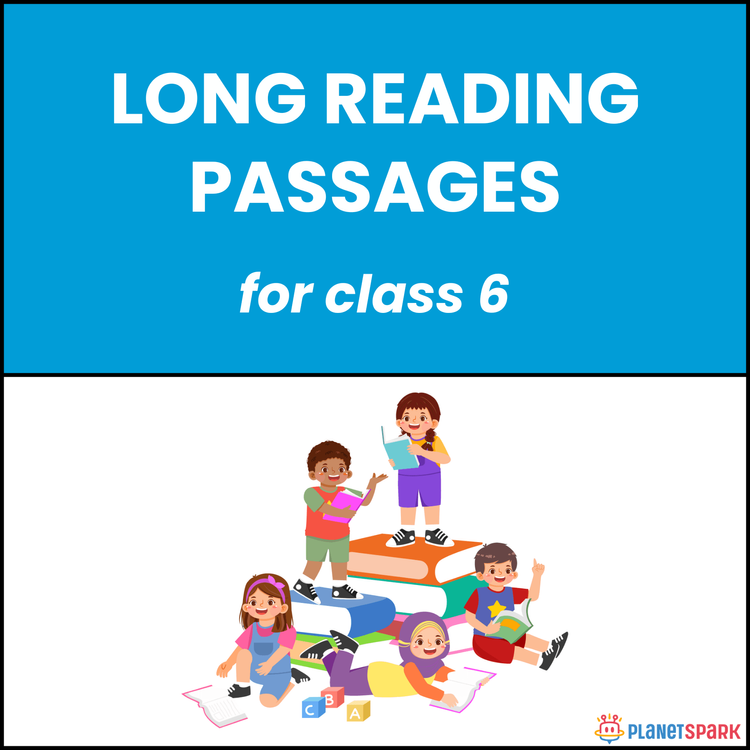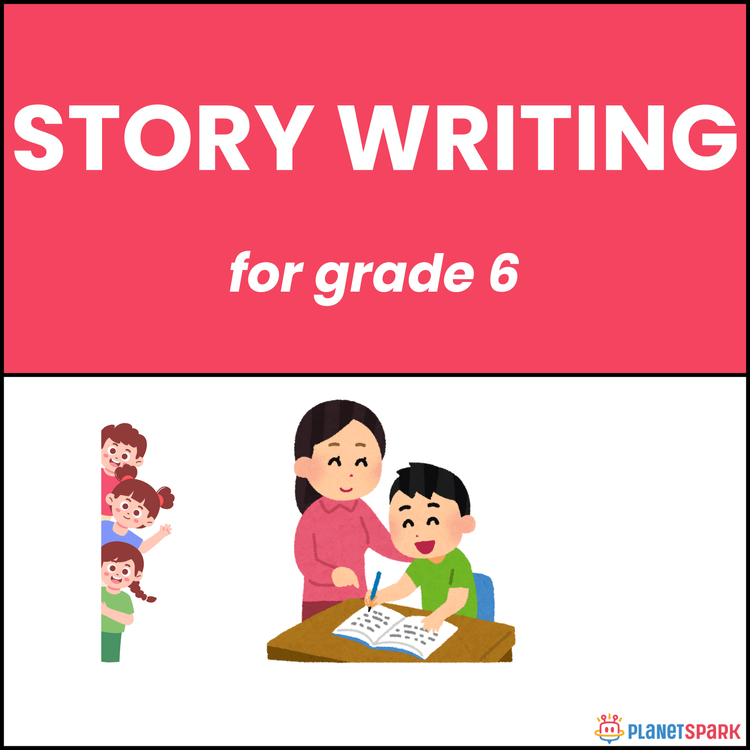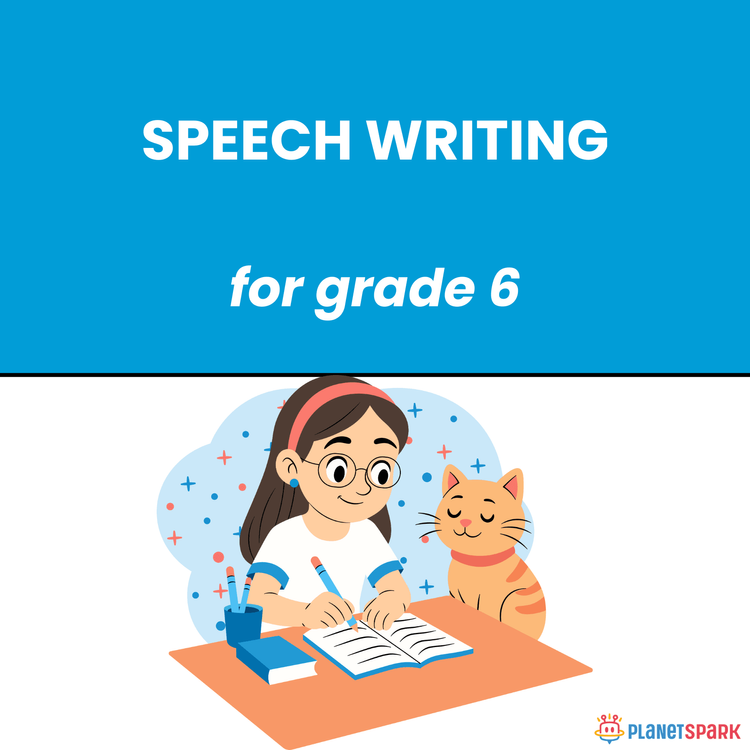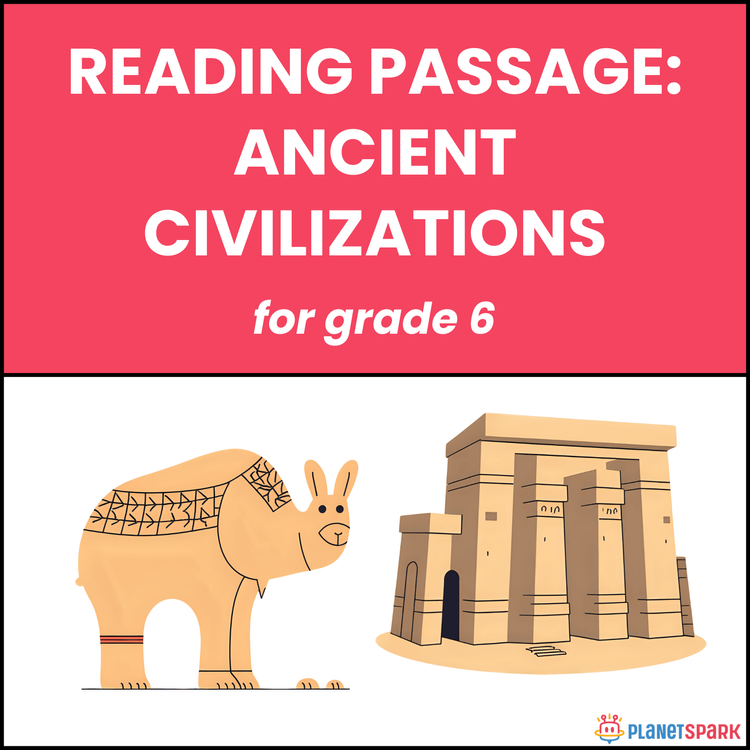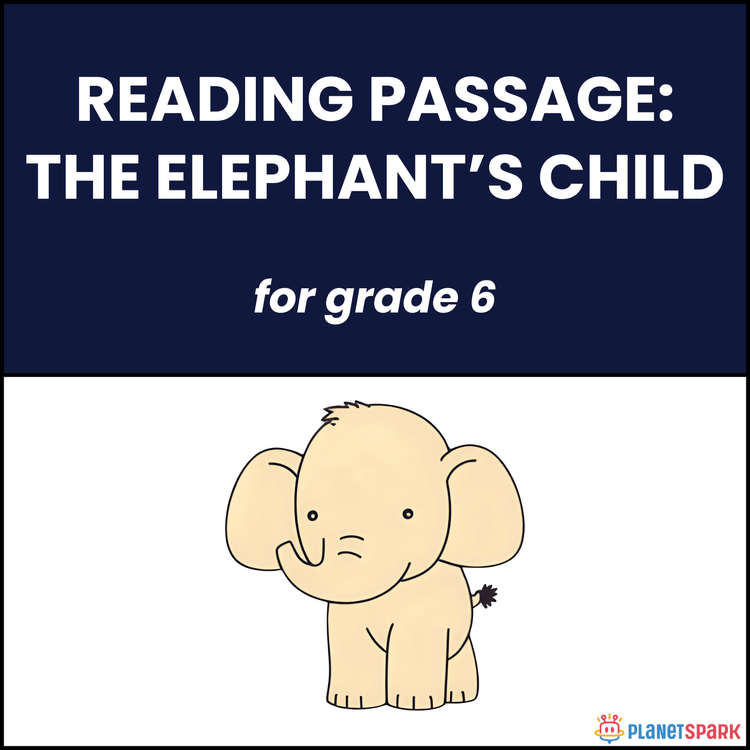The Monkey and the Cap Seller
Class 6EnglishSpoken EnglishFree DownloadPDF
Neelam BooraVisit Profile
I’m an enthusiastic English educator at PlanetSpark, passionate about helping students build confidence and communicate effectively. I strive to make every session engaging, inspiring, and full of meaningful learning experiences.
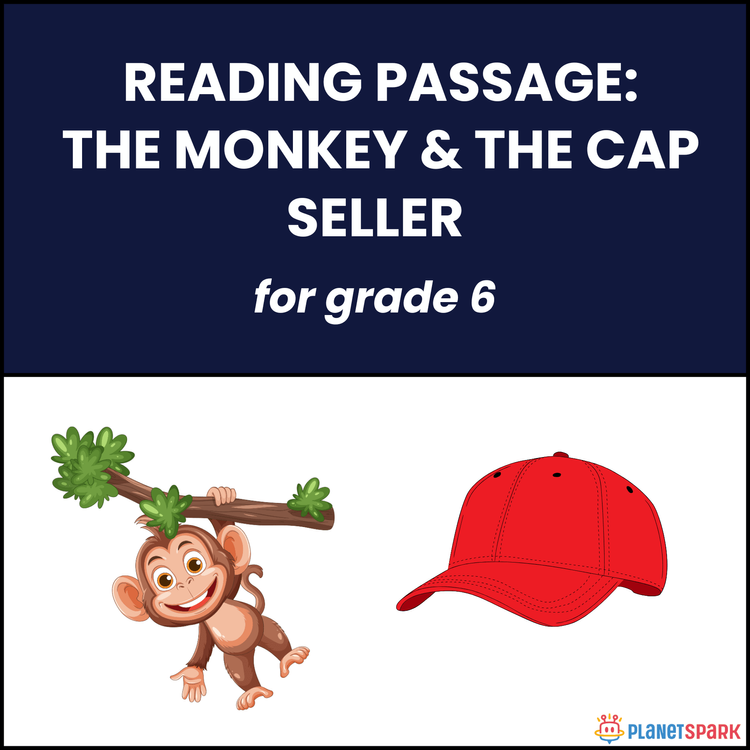

The Monkey and the Cap Seller
Class 6EnglishSpoken EnglishFree DownloadPDF
Neelam BooraVisit Profile
I’m an enthusiastic English educator at PlanetSpark, passionate about helping students build confidence and communicate effectively. I strive to make every session engaging, inspiring, and full of meaningful learning experiences.
Caps, Cleverness, and Quick Thinking: The Monkey and the Cap Seller – Reading Comprehension for Class 6
This Grade 6 reading comprehension worksheet retells the popular Indian folktale The Monkey and the Cap Seller in a fresh, classroom-friendly way. The story follows Ravi, a hardworking cap seller whose cleverness helps him outsmart a group of mischievous monkeys who steal his caps.
Through this engaging passage, learners explore themes of intelligence, calm thinking, and problem-solving. The worksheet develops reading comprehension, inference, and vocabulary skills — while teaching that wit and patience can solve problems better than anger.
Why Reading Comprehension Matters in Grammar?
Comprehension connects thinking and expression. For Grade 6 learners, this topic is important because:
1. It builds critical reading and observation skills.
2. It helps students summarize, infer, and reason logically.
3. It improves vocabulary through real-world context.
4. It promotes moral reflection and written fluency.
What’s Inside This Worksheet?
🧠 Exercise 1 – Multiple Choice Questions
Students identify main story details like why Ravi went to the park, what the monkeys did, and what lesson the story teaches.
✏️ Exercise 2 – Short Answer Questions
Learners explain Ravi’s feelings, the trick he used to get his caps back, and the moral lesson he learned.
📚 Exercise 3 – Critical Thinking & Vocabulary
Students analyze Ravi’s quick thinking, imagine alternate outcomes, and find a synonym for antics.
✅ Answer Key (For Parents & Educators)
Exercise 1 – Choose the Correct Option
1. c) To relax after poor sales
2. b) They wore them and played
3. b) Quick thinking can solve problems
Exercise 2 – Short Answer Questions
1. Ravi was disappointed because another vendor was selling hats cheaper, so he couldn’t attract customers.
2. Ravi pretended to throw his own cap, making the monkeys copy him and drop all the caps.
3. He learned that using intelligence is better than losing temper.
Exercise 3 – Critical Thinking & Vocabulary
1. It shows Ravi’s cleverness; he observed the monkeys and used quick thinking instead of anger.
2. If Ravi had shouted, the monkeys might have run away with the caps, causing him to lose them all.
3. The monkeys copied him because they often imitate human actions they see.
4. Synonym of “antics” – playful acts or funny tricks.
Help your child learn that smart thinking always wins over frustration through this fun, classic tale of wit and wisdom!
Turn every reading session into a life lesson in problem-solving.
🔖Book a free trial!
Frequently Asked Questions
It helps learners predict actions and understand clever problem-solving in context.
They teach honesty, wit, and consequences of greed or kindness.
They make learning enjoyable while reinforcing ethics and comprehension skills.

